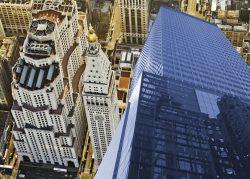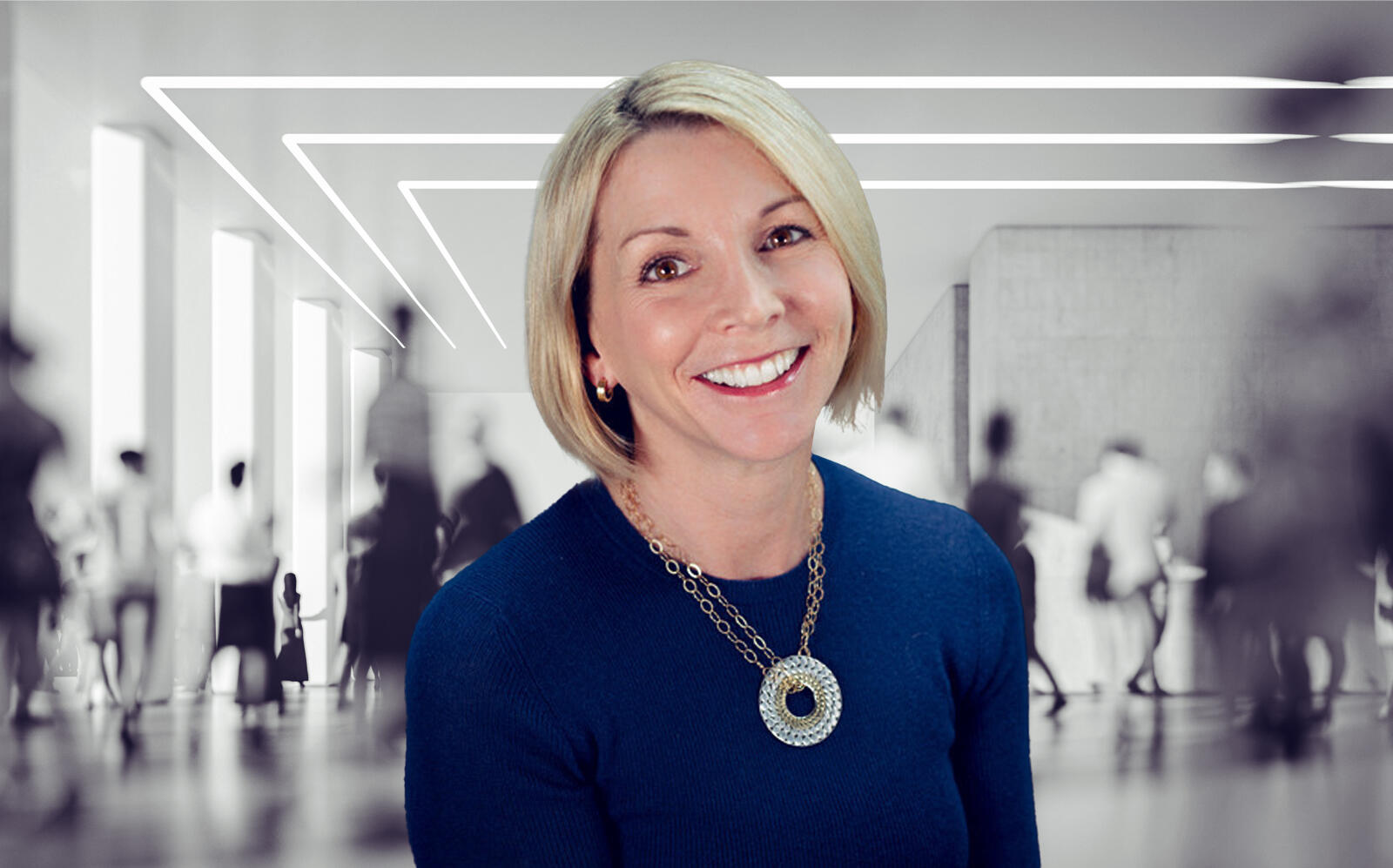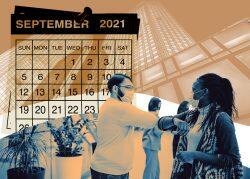 Yelp, PwC test options on Manhattan’s sublease market
Yelp, PwC test options on Manhattan’s sublease market
Trending
Yelp to experiment with return-to-work plans
Consumer-review company will pilot hybrid office model in summer and fall

Yelp is reviewing its office spaces, and not all will receive five stars.
In February, the tech company announced that it will adopt a hybrid office model. Soon it will experiment with what it will ultimately look like.
Starting in August, the company will pilot its reopening plan in Phoenix with 150 employees, according to a blog post Thursday by Yelp’s chief people officer, Carolyn Patterson. “Coming into the office will be completely optional unless an employee’s role specifically requires it,” she wrote.
Read more
 Yelp, PwC test options on Manhattan’s sublease market
Yelp, PwC test options on Manhattan’s sublease market
 Tech workers plan to head back to offices by Q3
Tech workers plan to head back to offices by Q3
After the experiment in Phoenix, the London office will open September, followed by those in Chicago, Hamburg, New York City, Toronto, and Washington, D.C. The San Francisco headquarters will open in November.
“We’re looking forward to seeing each other again after more than a year apart,” Patterson wrote in the post.
But not all employees will return to the office, and many who do won’t be there every day. Yelp claims that its internal surveys found that most employees want to be in the office two or three days a week.
The changes mean Yelp will pare down its office space. In the February blog post, Patterson acknowledged that the company will do that as leases expire and by subleasing some office space.
The Real Deal reported in January that the company had quietly let brokers know that its spaces at SL Green Realty’s 11 Madison Avenue and at 200 Fifth Avenue were available for sublease.
A survey of 120 tech companies by Savills found that more than 50 percent said they expect to be back in the office by the third quarter. Twenty-four percent said they would be back by the fourth quarter, and 11 percent said they wouldn’t return until the first quarter of 2022.
But 95 percent of respondents said flexible work arrangements and more remote working will be normalized.




